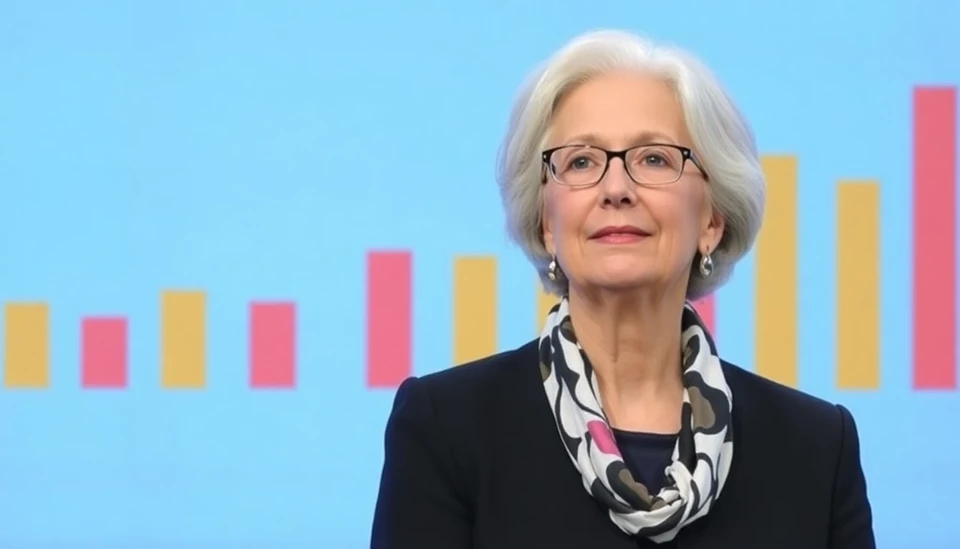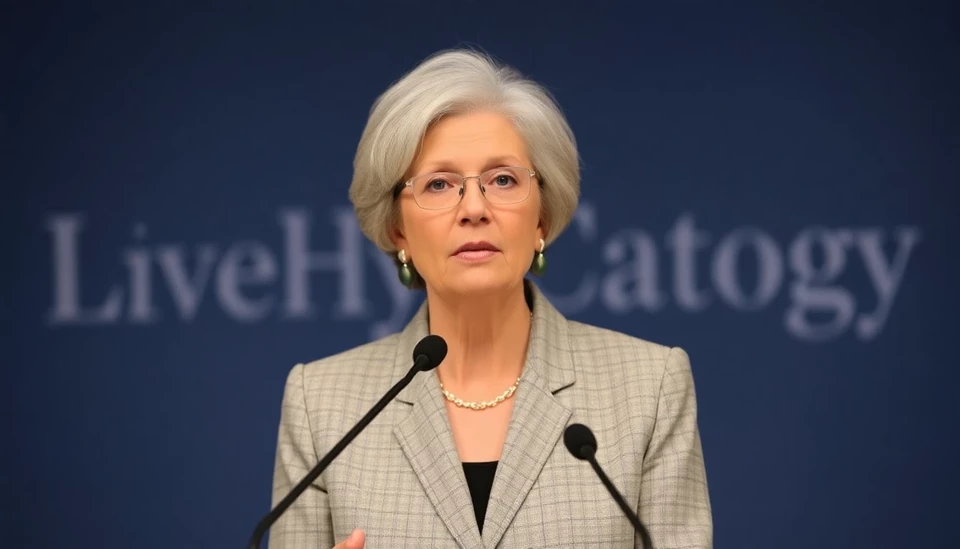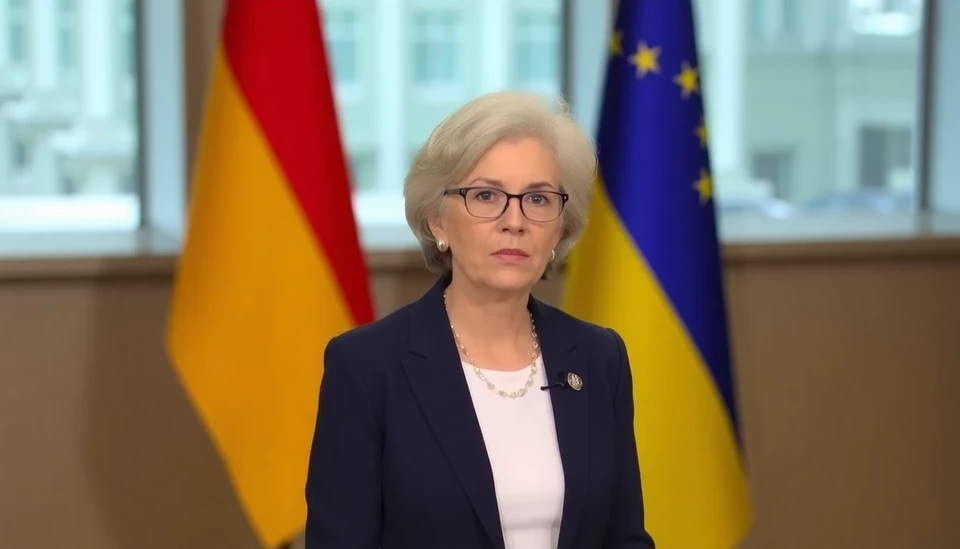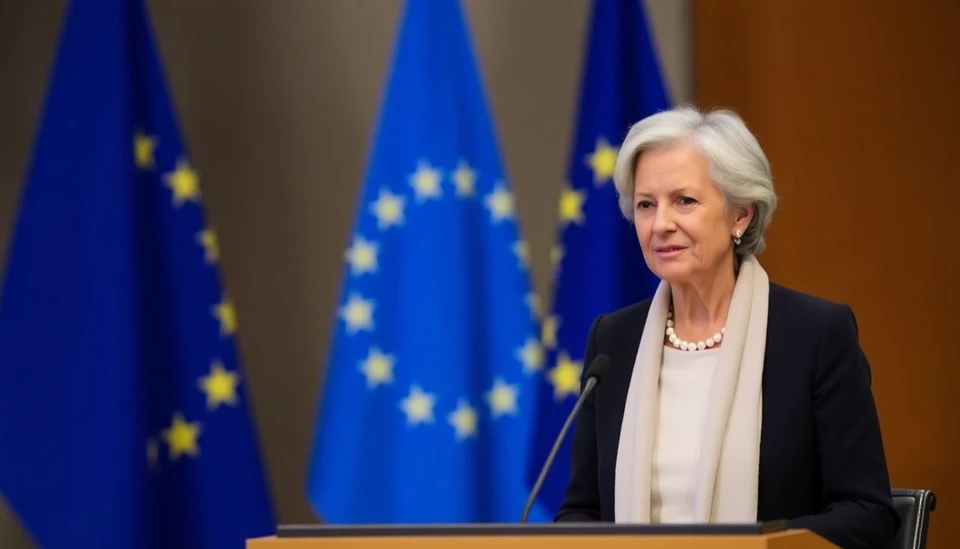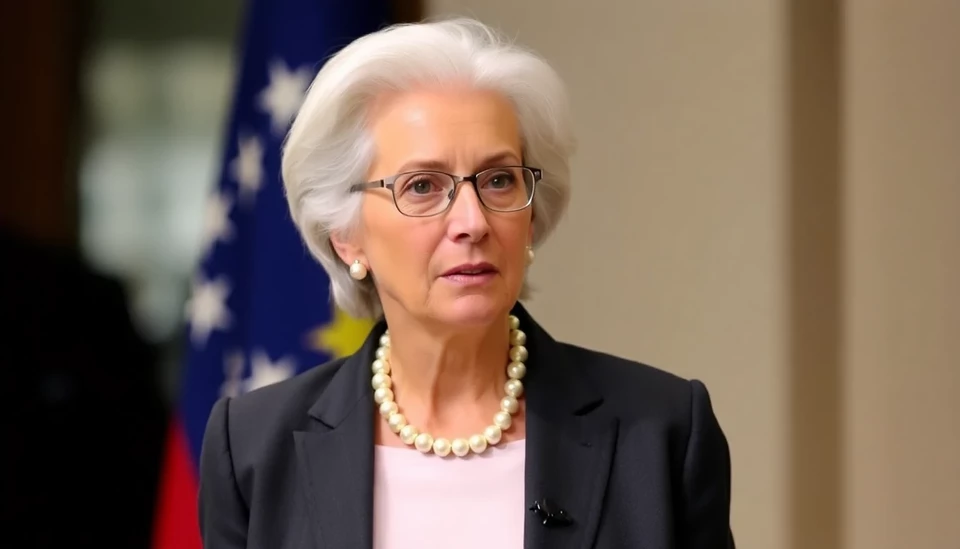
European Central Bank President Christine Lagarde has recently voiced her concerns regarding the escalating political uncertainty within the European Union. In a statement delivered during a press conference, Lagarde criticized the self-inflicted nature of this instability, attributing it to a series of political decisions and events that have triggered a wave of unpredictability across the region.
She highlighted that the ongoing political challenges are not merely external factors but rather stem from actions taken by EU leaders themselves. This self-induced volatility contributes to economic instability, potentially hindering the region's recovery efforts following the economic shocks from the pandemic and energy crisis.
Lagarde's remarks come at a time when several EU member states are grappling with their own internal political struggles. Countries like Italy and France are facing significant political shifts that have fueled uncertainty regarding governance and policy continuity. Furthermore, issues surrounding migration, climate change initiatives, and economic recovery are exacerbating tensions among member states, leading to a fragmented political landscape.
During the press conference, Lagarde emphasized that the ECB remains committed to maintaining stable economic conditions but acknowledged the difficulty of achieving this goal amid such unpredictable political environments. She urged EU leaders to prioritize cooperation and find common ground in addressing the underlying issues contributing to political disarray.
Lagarde also referenced the importance of monetary policy in times of uncertainty, noting that the ECB will continue its role in fostering economic stability while encouraging fiscal policies that support growth. The bank is expected to maintain its current interest rates, but Lagarde hinted that any future changes would heavily depend on the political climate and its impact on economic performance.
As political tensions rise and economic challenges persist, Lagarde's call for unity among European leaders echoes a broader sentiment that the European Union must find a cohesive way forward to ensure the stability and prosperity of the region as a whole. The upcoming months will be critical as member states navigate their respective political landscapes and seek to unify efforts in the face of mounting challenges.
In conclusion, Lagarde's observations serve as a stark reminder of the interconnectedness between political decision-making and economic health in Europe. To navigate through these turbulent times, an emphasis on collaboration and solid policy-making is essential for the future of the EU.
#Lagarde #Europe #PoliticalInstability #EuropeanCentralBank #EconomicStability #EULeaders #Cooperation
Author: Daniel Foster
